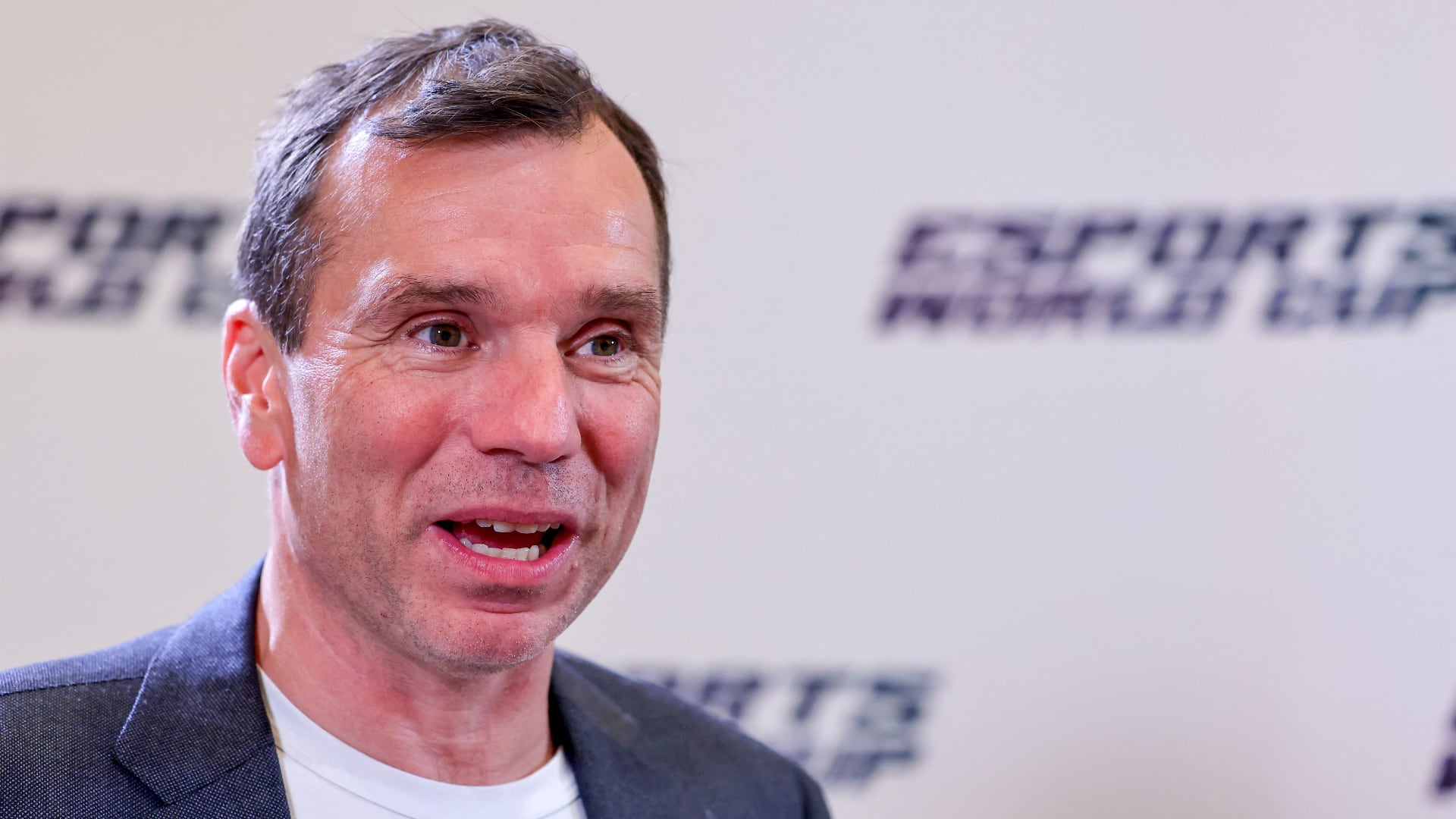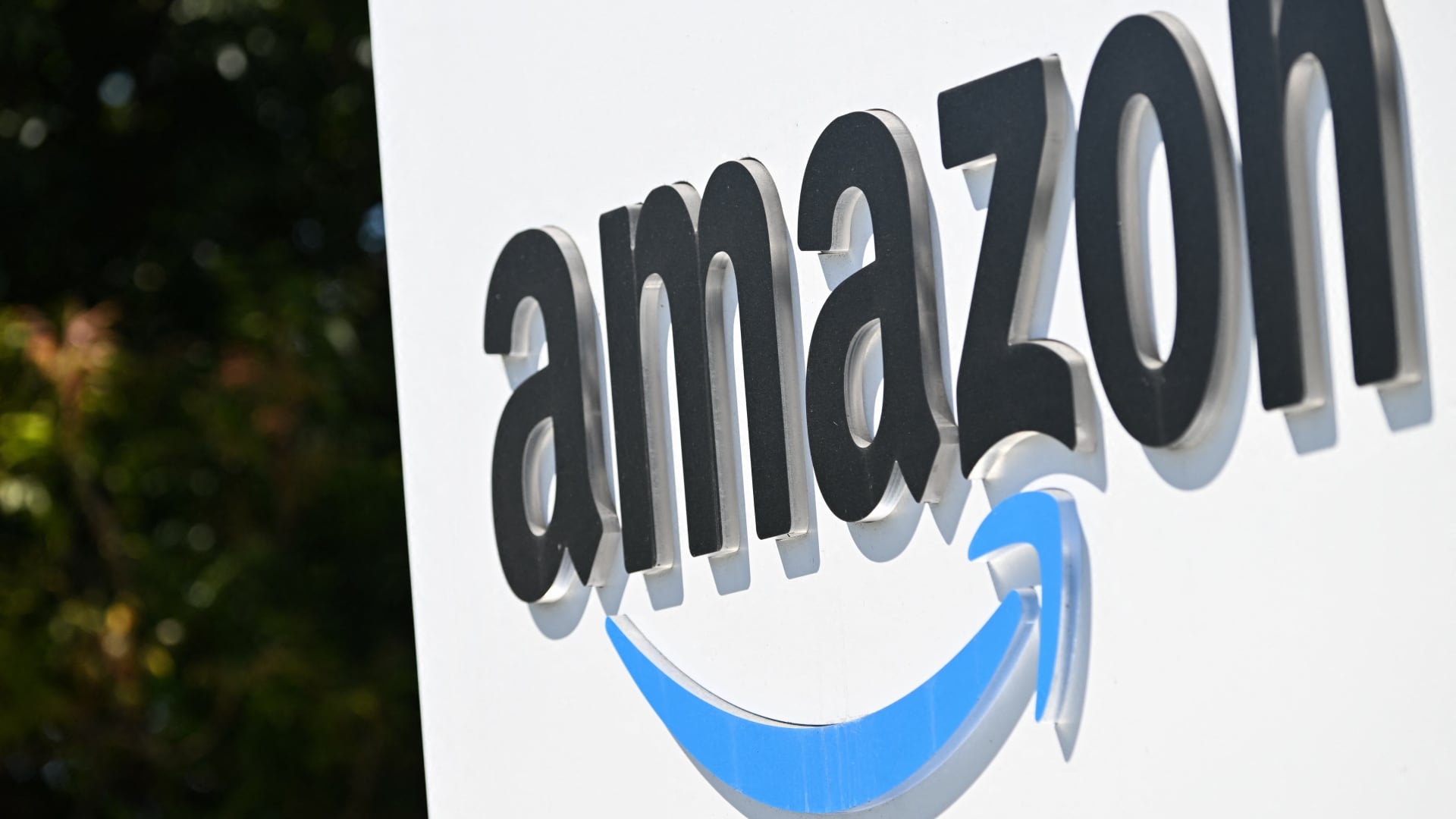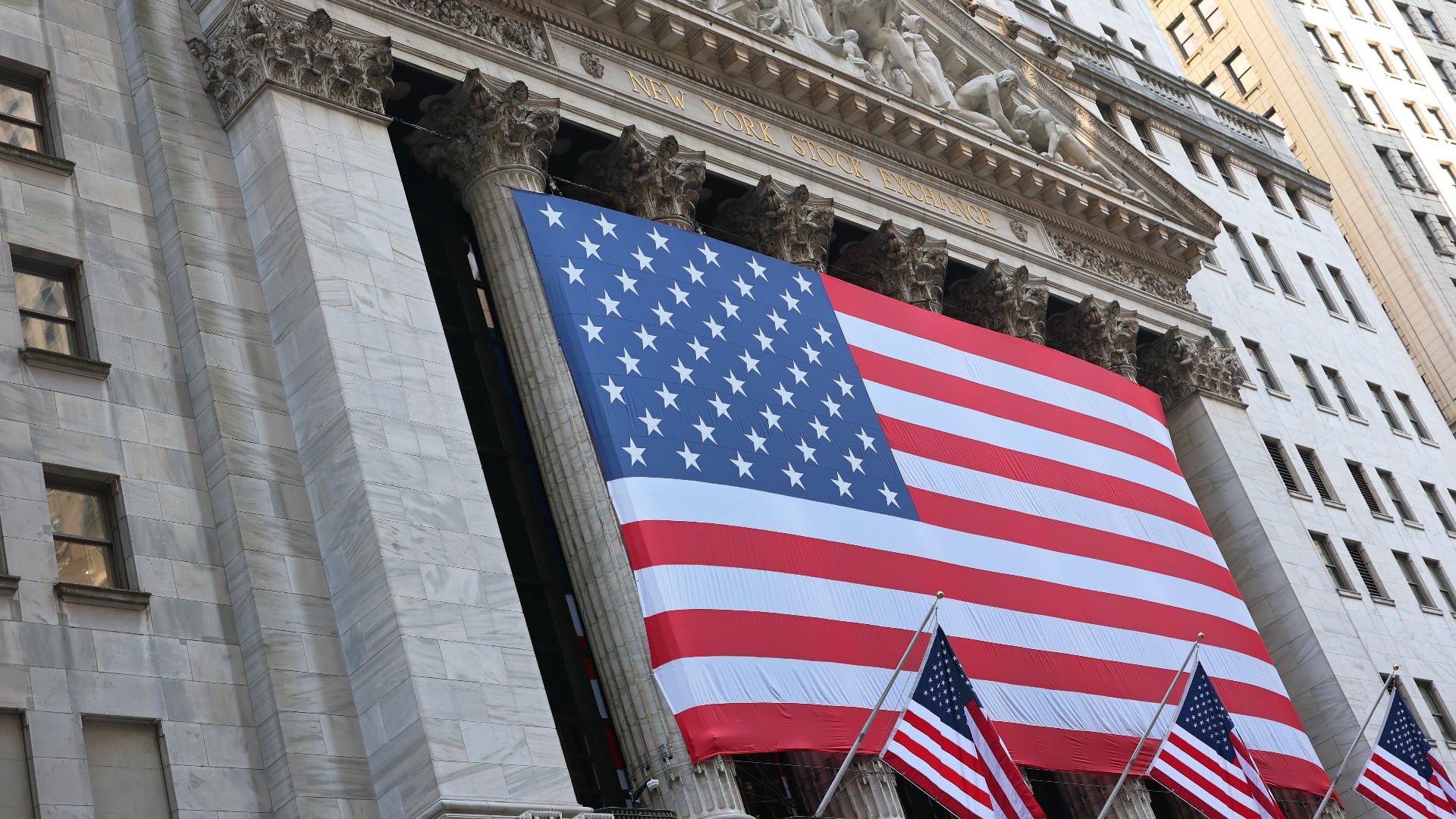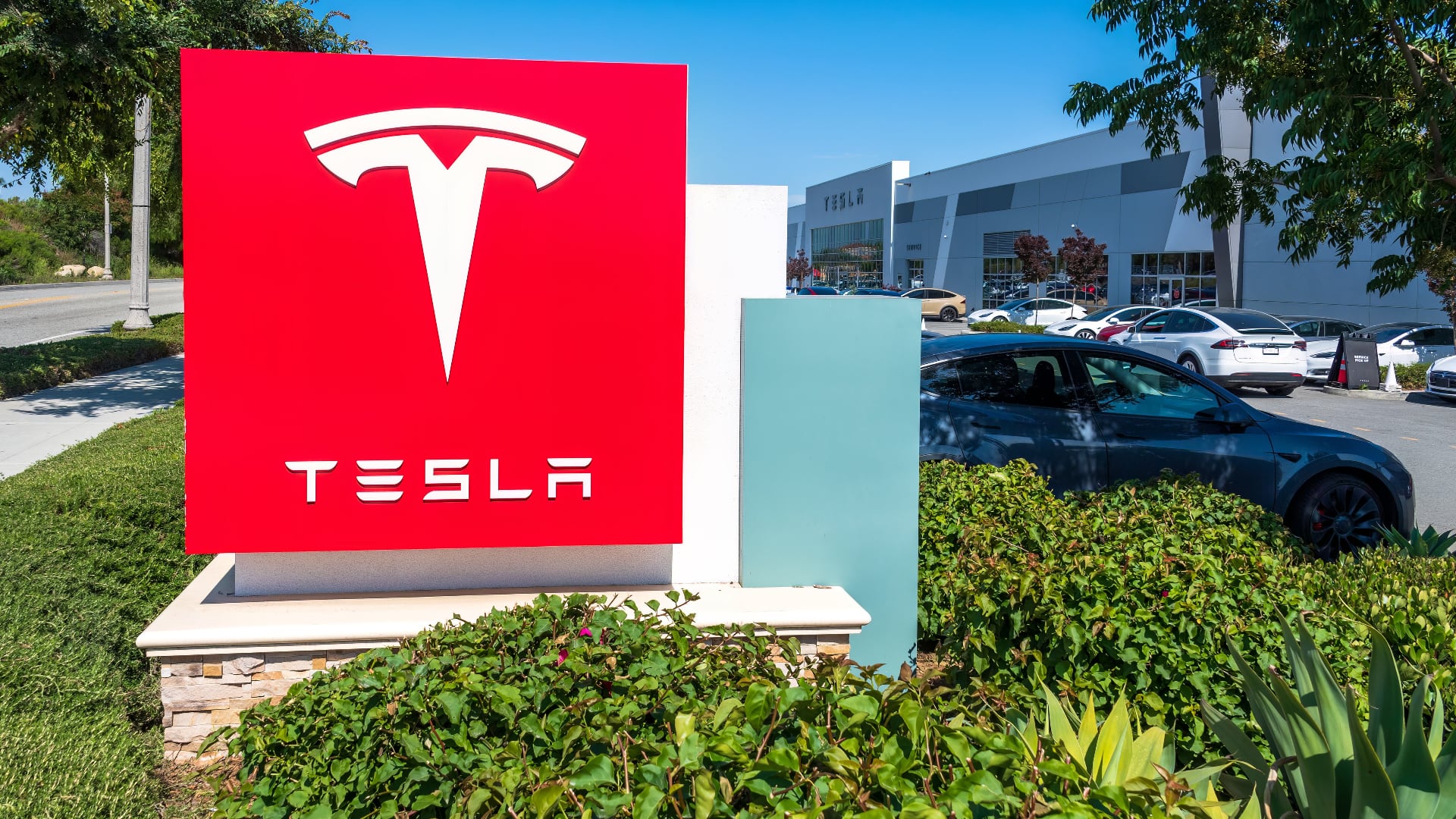David Banmiller, an airline industry insider and former CEO of Pan Am, doesn't like referring to the $25 billion of relief the airline industry got from the federal government as a 'bailout.'
"When we use the words 'bailout,' I think that's a bit of a misnomer," Banmiller told Cheddar Tuesday, adding that it reminds people of the 2008 financial stimulus. "It's a financial support mechanism to get us through these extremely difficult times."
According to Banmiller, who now runs consulting firm The Falcon Group, that money came with unsavory strings attached.
"The strings I was hoping I would not see was some level of ownership control, stock ownership, board membership," Banmiller said. "Board membership by government employees is not a good idea."
But that's what Washington got. Banmiller said that when airlines are considering changes to routes, the U.S. government now has a say in the process.
"It's a very hard subject at any airline," Banmiller said. "Right now, airline whiz kids are looking at city pairs and what they can afford and what they can feed their hubs and their spokes."
Despite the airline industry staring down the barrel of what Banmiller says will be a two-year-long recovery 'if we're lucky,' he still believes the government's intervention may hurt the industry he's dedicated more than 50 years of his career to.
"I'm concerned that the government may gain too much leverage in this situation," Banmiller said. "Some airlines probably won't survive it."
Earlier Tuesday, United Airlines confirmed reports that it planned to layoff 30 percent of its administrative positions.












